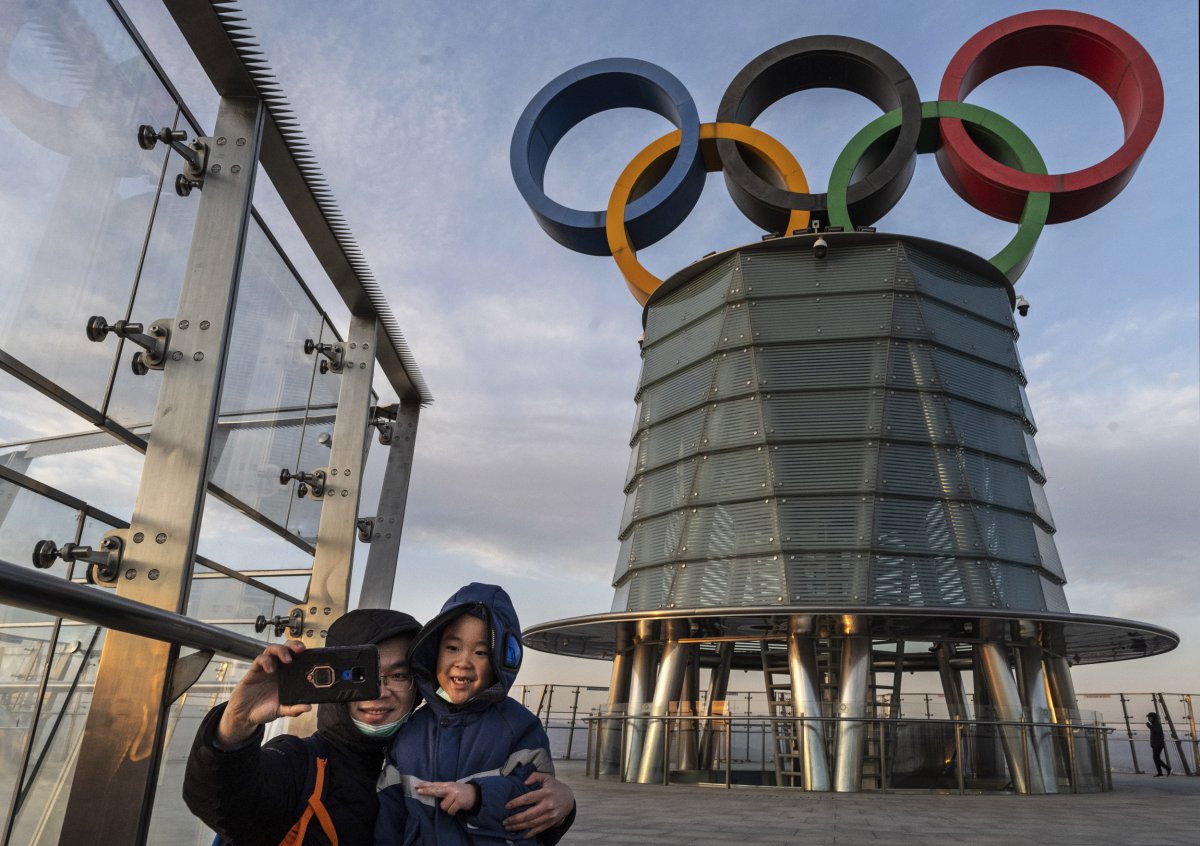Beijing has abandoned general ticket sales for the upcoming Winter Olympic and Paralympic Games because of rising numbers of COVID-19 cases.
The Games' organizing committee had previously said that tickets to the Winter Games would be available to domestic buyers but not to those overseas.
Tickets for the Winter Olympics, set to begin on February 4, will instead be distributed to "targeted" groups of individuals. The tickets will be made available as part of an "adapted programme that will invite groups of spectators to be present on site during the Games," the committee said.
The committee cited "the current situation of the COVID-19 pandemic," saying that the measures will "ensure the safety of all participants and spectators."
"The organisers expect that these spectators will strictly abide by the COVID-19 countermeasures before, during and after each event so as to help create an absolutely safe environment for the athletes," it said.
The committee did not elaborate on how tickets would be distributed.
It comes as Beijing is scrambling to prevent the transmission of COVID-19 in the country ahead of the Lunar New Year holidays, and as the Omicron variant of the novel coronavirus surges worldwide.
China has a strict zero-tolerance policy for COVID-19, and has been stepping up its protocols ahead of the Winter Olympics.
On Saturday morning, a woman from Beijing's Haidian district was found to have contracted the Omicron strain, shortly after displaying symptoms including a fever and a sore throat. It marked the Chinese capital's first reported community case of the variant.
Xu Hejian, a spokesman for the Beijing municipal government, on Saturday said all agencies had to work to ensure the safety of the Olympics and of the capital.
Several Chinese cities have been placed under lockdowns over COVID-19 outbreaks in recent weeks, including the port city of Tianjin, home to 14 million people, and located just 70 miles (112 kilometers) southeast of Beijing.
Further away, in the cities of Xi'an and Yuzhou, residents have been largely confined to their homes over larger outbreaks traced to the Delta variant.
Beijing's Winter Olympic Games are set to be a major soft power event for China, as its leader, Xi Jinping, is expected to promote the achievements of the ruling Communist regime before securing a third term.
The games, set to be held in Beijing and neighboring Hebei province, will take place in a "closed loop" area that will separate athletes and other personnel from spectators. All Games personnel will be subject to daily COVID-19 tests, the committee said.
Last month, the Biden administration announced a diplomatic boycott of the games, citing the Chinese regime's human rights record. The move means that an official delegation will not be sent by the White House to the event.

Uncommon Knowledge
Newsweek is committed to challenging conventional wisdom and finding connections in the search for common ground.
Newsweek is committed to challenging conventional wisdom and finding connections in the search for common ground.
About the writer
Isabel van Brugen is a Newsweek Reporter based in Kuala Lumpur. Her focus is reporting on the Russia-Ukraine war. Isabel ... Read more
To read how Newsweek uses AI as a newsroom tool, Click here.








